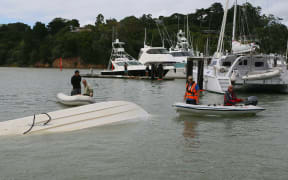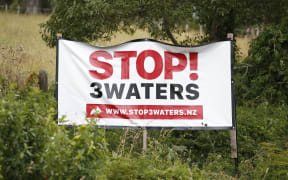Next month's Marsden Point oil refinery closure will mean more than $25 million lost water income for Whangārei in the next decade - and ratepayers will likely be paying.
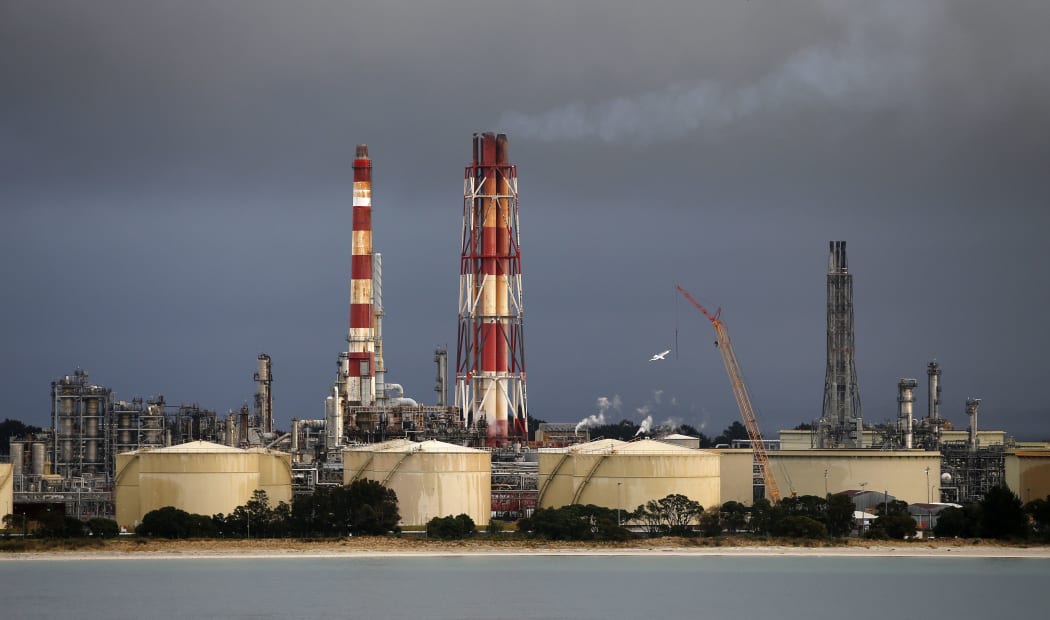
Marsden Point oil refinery Photo: LDR / Northern Advocate / Michael Cunningham
The loss comes as Whangārei also faces an extra $905,000 in costs in the coming financial year to meet tough new government requirements for Three Waters' drinking water, wastewater and stormwater national revamp.
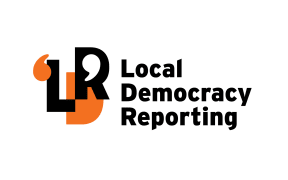
Whangārei District Council (WDC) general manager corporate Alan Adcock said the refinery's water use income loss was 'massive' for the council.
Adcock said the refinery was a water super-user, with steam used throughout the oil refining process.
The water was treated to drinking water standard, in spite of being used for industrial purposes.
The income loss will kick in from next month, lost costs between then and the end of this financial year would be 'absorbed' into existing budgets, Adcock said. The first full year without the water income will amount to $2.5m for the 12 months from July.
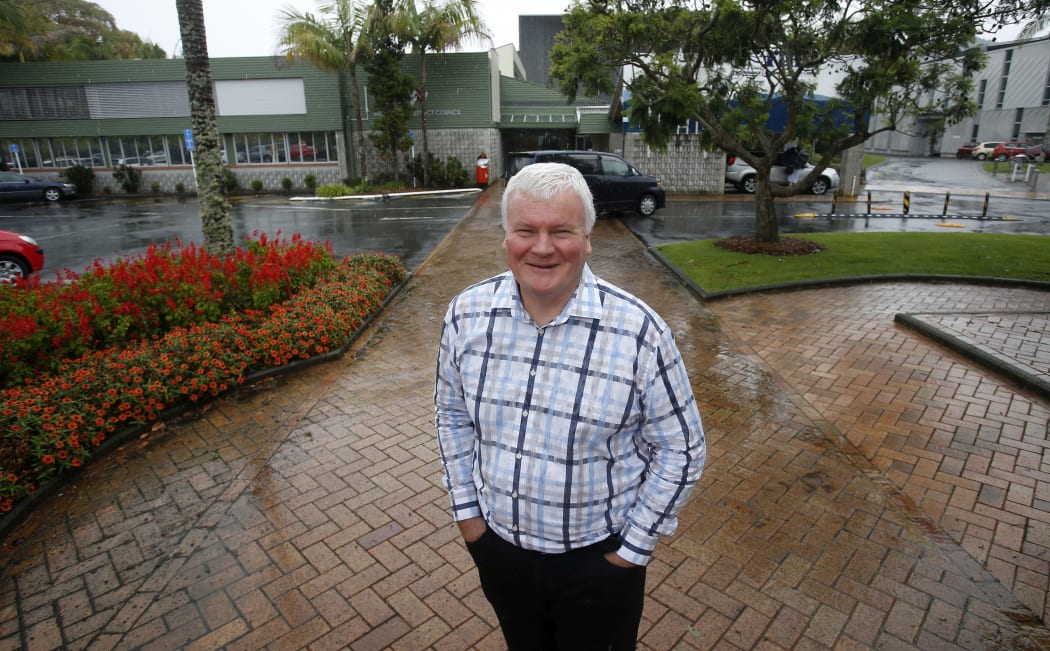
Alan Adcock Photo: LDR / Northern Advocate / Michael Cunningham
He said not addressing this lost income and extra Three Waters costs would result in WDC facing a $30m deficit by the end of its current 10-year long term budget in June 2031.
This was not sustainable, particularly as the council had opted out of New Zealand's Three Waters restructuring.
WDC's 2021-2031 long-term budget has ratepayers paying a three percent water rates increase from 1 July as the 2022/2023 financial year kicks off.
Under the proposed new regime they could instead pay up to 10 times more than that - potentially facing a proposed increase of as much as 31 percent in extra water rates from that date.
Whangārei Mayor Sheryl Mai described the water rates increase as "very high". Mai said she was uneasy about having to consider such an increase.
The city's dramatically changed water fortunes were highlighted in a WDC briefing meeting this week that included consideration of what to do about targeted water rates as a result.
Adcock said taking the refinery's water use out of the picture did not reduce costs.
WDC councillors at the meeting informally agreed the fortune change, combined with more than $900,000 in extra annual costs resulting from Three Waters requirements, brought the need for potential water rating increases of up to 31 per cent.
The next step will come at the 24 March WDC full council meeting. A formal decision will be made on whether to go with the 31 percent water rates increase proposal. This will then go out as part of targeted Annual Plan 2022/2023 public consultation starting on 1 April.
Adcock said at the originally forecast three per cent 2022/2023 water rates increase - to $2.38 per cubic metre/1000 litres of water for the coming year - would, in the new post-refinery scenario mean a $3.45m WDC income deficit by the end of that financial year.
A potential 31 percent increase - to $3.03 per cubic metre/1000 litres of water - would mean breaking even.
It would mean the average Whangārei domestic water consumer would go from paying $414 to as much as $518 a year for water.
An average medium business would go from paying $7523 to as much as $9568 for a year's water.
Adcock said an alternate 27 per cent water rates increase - to $2.95 per cubic metre/1000 litres of water - would bring a $475,000 deficit.
Deputy Mayor Greg Innes said the district was operating in uncertain times, not knowing how Three Waters restructuring would play out.
"It's an awkward situation with the refinery and reforms. We need to hold to what we have started and pay our way as much as possible," Innes said.
Councillors did not want the district's Three Waters investment to go backwards.
Infrastructure committee chair Cr Greg Martin said the mooted new increase was not a large amount when looked at in cents per 1000 litres of water rather than a percentage.
Cr Tricia Cutforth said it would be important for residents and ratepayers to have their say during the consultation period.
WDC chief executive Rob Forlong said the refinery water income to date had supported Whangārei's Three Waters infrastructure development.
"It (Marsden Point's refining closure) will .. significantly affect our income from water supply, which we have been able to ring fence in the past to keep our assets up to date and investigate and plan for the future."
Local Democracy Reporting asked whether the new situation would mean WDC looking anew at sending its Bream Bay (Wilsons Dam) water to Mangawhai via the mooted major new supply pipeline.
Mangawhai is New Zealand's fastest-growing coastal settlement with a shortage of water. The private developer behind Mangawhai's $750m-plus central urban development has shown interest in the infrastructure.
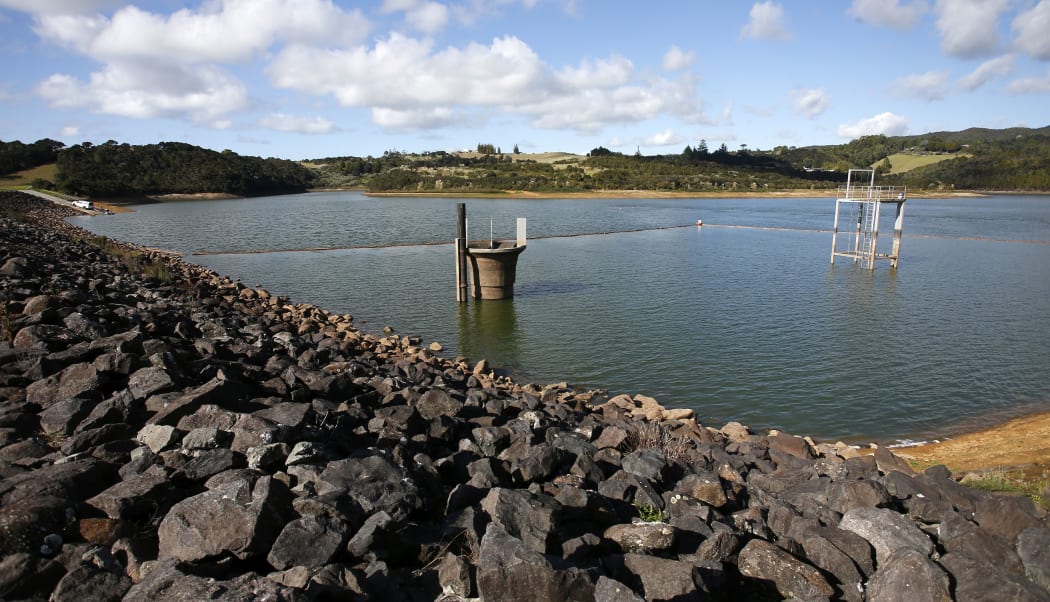
The council's Wilson's dam in Bream Bay. Photo: LDR / Northern Advocate / Michael Cunningham
Forlong said such a pipeline would be too big for the council and developer alone to fund. The government would need to be approached, but there were no set dates for doing so.
"Recently we (WDC) have become part of the Communities for Local Democracy which has made representations to government regarding the stewardship of district waters under its proposed Three Waters amalgamation," Forlong said.
"Regardless of the outcome, there is sure to be change in the sector and any pipeline/supply to Mangawhai will be affected by this," he said.
Local Democracy Reporting is a public interest news service supported by RNZ, the News Publishers' Association and NZ On Air.
